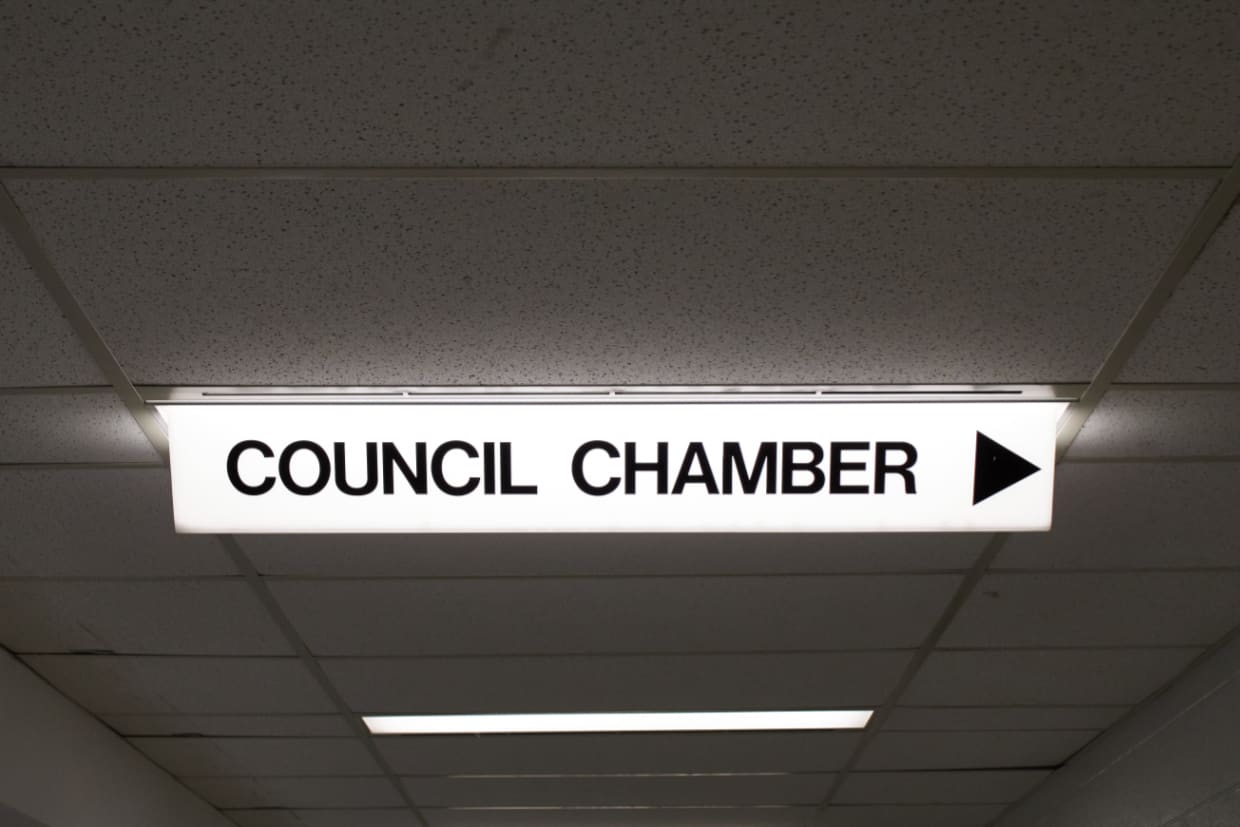Content warning: This article mentions suicide and self-harm.
On February 15, U of T’s Governing Council voted to accept recommended changes to the University-Mandated Leave of Absence Policy (UMLAP), which will come into effect on March 1. The amendments include renaming the policy to the Supportive Leaves Policy (SLP), which cannot be enacted if a student poses harm to themselves and not others.
The Governing Council originally approved UMLAP in June 2018, allowing the vice-provost to place a student on a mandated leave of absence if their “behaviour poses a risk of harm to self or others” or if they are “unable to engage in the essential activities required to pursue an education at the University.” The UMLAP was invoked 17 times between its initial approval and the end of the 2021–22 school year.
Supportive Leaves Policy
While the UMLAP could be used to put a student on leave if they were at risk of self-harm, the SLP restricts mandated leaves to cases where a student may pose harm to others or actively interfere with other students’ education.
According to Sandy Welsh, vice-provost, students, the university proposed the new name to reflect the policy’s supportive intent and highlight that the SLP, like UMLAP, includes a voluntary option along with the mandated option.
The SLP also clarifies that “mere discomfort” about a student’s behaviour does not qualify as psychological harm and is not grounds to use the policy. In addition, the university has recommitted to publishing a companion guide for the policy. During consultations in the UMLAP review process, students mentioned that the university had promised to publish a companion guide when the policy first passed in 2018, which has not happened so far.
The SLP further mandates divisions that do not currently have a voluntary leave of absence policy to create their own voluntary leave policies. The Vice-Provost must also collect and report additional data on the SLP, such as demographic information, and review the policy in three years.
In her speech at the February 15 Governing Council meeting, Welsh said the administration is “hopeful” that changing the policy’s language will ensure students that U of T will not invoke the policy if students disclose thoughts of suicide or self-harm.
“The policy has never been applied in this way, and these revisions make clear that it could never be applied in these circumstances.”
Revision process
Students, student unions, and the Ontario Human Rights Commission have criticized the UMLAP, with some calling for the university to revoke it. The 2019 Report of the Presidential and Provostial Task Force on Student Mental Health noted that the policy may prevent students from seeking mental health services because they fear that the university will invoke the UMLAP.
In 2021, the university initiated a review of the policy. According to the university, the policy reviewers gathered feedback from major student unions and groups on campus.
The university administration consulted two external experts on the revised draft of the policy: lawyer Raj Anand and Dr. Juveria Zaheer. Zaheer, a psychiatrist and faculty member at the Temerty Faculty of Medicine with expertise in suicide risk assessment and prevention, provided feedback from a clinical mental health care perspective. Anand, former Chief Commissioner of the Ontario Human Rights Commission, focused his feedback on ensuring the policy legally complied with the university’s human rights obligations.
In January, the University Affairs Board and the Academic Board recommended that the Governing Council approve the SLP.
Reactions to the proposed changes
On February 14, the University of Toronto Law Union published an open letter addressed to the Governing Council, criticizing the SLP and urging the university to revoke the policy. Fifteen groups and organizations, including student groups from U of T and other universities across Canada, also signed the open letter.
“No form of kind mandated leave should be imposed on a student,” the U of T Law Union wrote.


